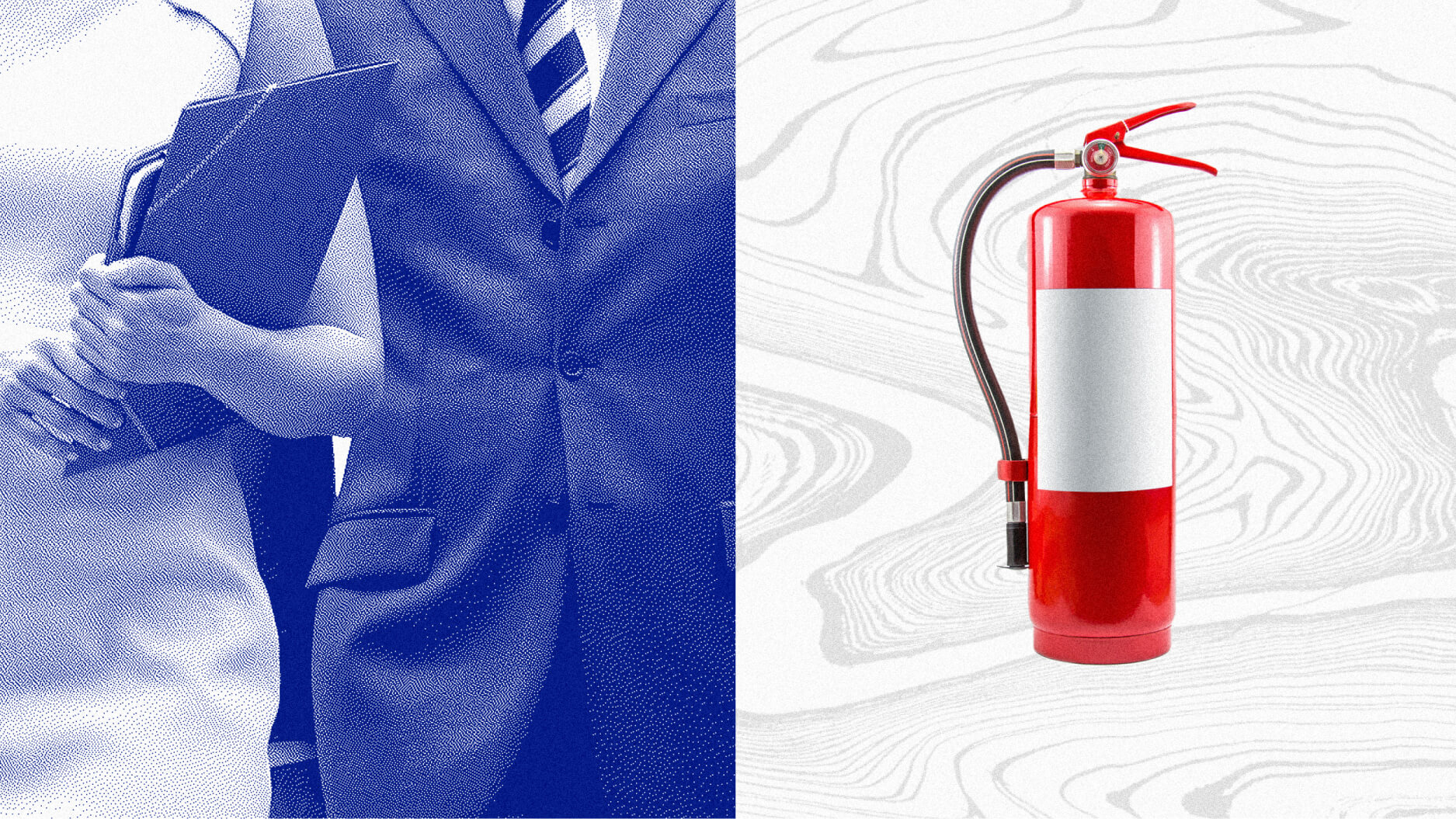Books about the end of the world become popular when people suddenly realize that basic assumptions they took to be true may no longer hold.
Question: Does technology scare you?
Margaret Atwood: First of all, The Year of the Flood is about a future in which, due to a man-made virus, to which nobody has any immunity, the human population has dwindled to almost nothing. And of course, in books like this, it can never be really nothing because we have to have somebody in the story we are following. People ask me: "Is this science fiction or what is it?" And I say, well you can think of all science fiction as a great big banner and then you can think of subsets. And the science fiction proper subset involved things that we can’t do right now, such as be in a galaxy far away.
Speculative Fiction involves things that we can do right now, so I would call my book speculative fiction stretched a bit. It’s made from components that we already have, but those are pushed forward into the future and expanded. A lot of my Twitter followers send me strange science stories that they think fit in with my book, and I have to say, there are more and more of them coming along and we do now have the ability to do a man-made virus. And we certainly have the ability to, to change or morph viruses that we already have, that is scary.
Will anyone deploy this? You can’t actually deploy it unless you’re willing to take out your own side. So people doing biological warfare plans, and of course there are some, have to take that into consideration and probably unless you wanted to self-destruct you wouldn’t do that unless you’ve already developed an antidote for yourself.
So the question is, is there going to be anybody both knowledgeable enough and angry enough at the human race to do that? That’s a big question and I am not the only person who has thought that this might be a possibility. Bottom line is we’ve got the tools. Good part is, we’ve had atomic bombs for many decades now and we have not yet blown up the planet with them.
Question: Why does apocalyptic fiction become popular in waves?
Margaret Atwood: Okay, I think there’s two kinds of novels under discussion. One is the "ustopia," which is a combination of utopia and dystopia. Generally they turn out to be pretty much almost the same thing. And the other one is what you call an apocalypse. So one is about controlled societies, the other is about total breakdown. And you’re talking about the total breakdown thing. It seems to be so that they often come at turns of centuries. But they also often come when people have suddenly realized that things may not necessarily go on along the same set of assumptions that they have been going on for the last little while.
So I think what’s kicked off these ones is the realization that global warming is here and is already having consequences, and we’re going to have to either adapt to those consequences, or they’re going to be some pretty horrific social consequences; social and environmental consequences which turn out to be connected at the hip.
Recorded 10/21/2010
Interviewed by Max Miller






